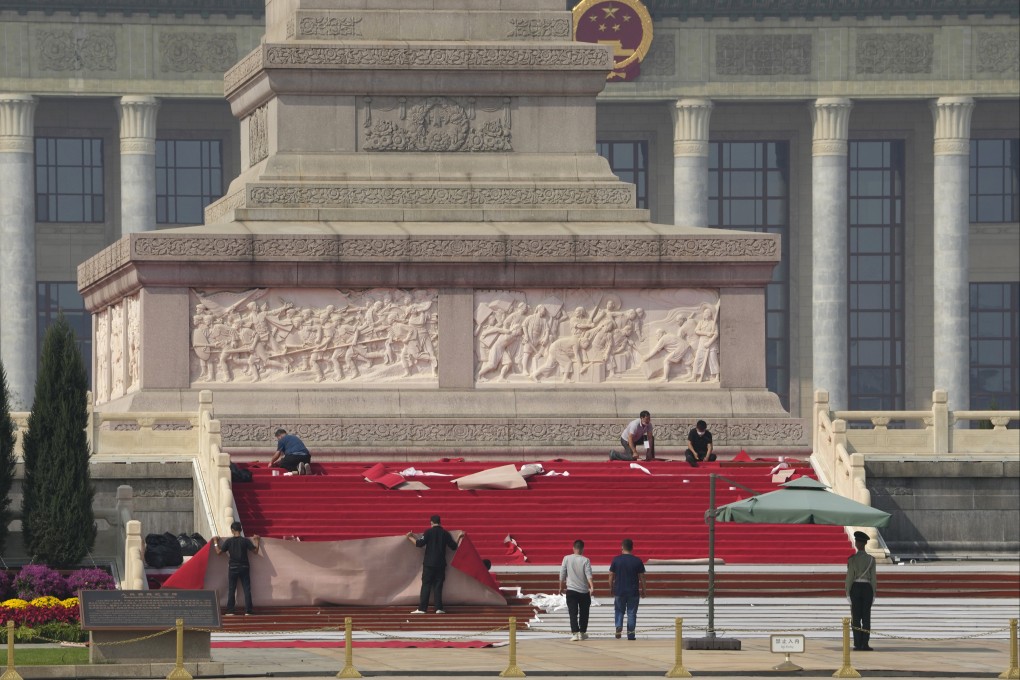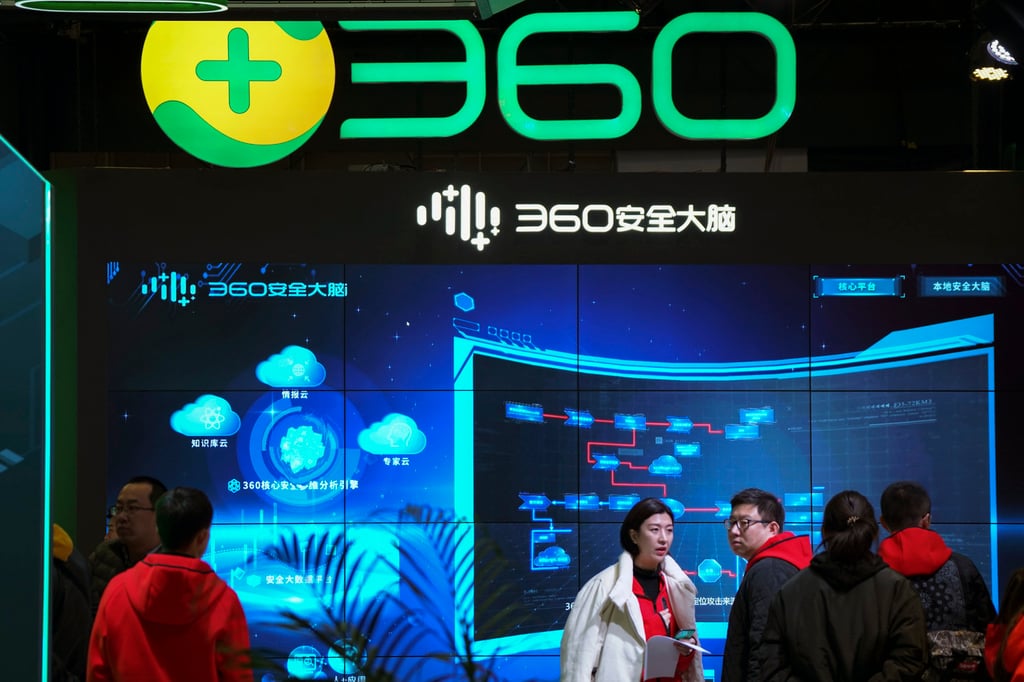Chinese local governments roll out the red carpet for Big Tech firms as Beijing shifts stance
- Several Chinese cities, such as Beijing and Hangzhou, have already inked cooperation deals with internet giants
- The Chinese government is ending more than two years of crackdowns on the tech sector amid a slowing economy

Local Chinese governments are rushing to build rapport with Big Tech companies in the country, as Beijing is once again pinning its hopes on the so-called platform economy to deliver growth and jobs.
This year, several Chinese municipalities have already inked cooperation deals with internet giants, whose ability to expand their businesses had been curtailed by Beijing’s two-year effort to prevent the “irrational expansion of capital”.
Qihoo 360 is the latest among major Chinese tech companies to sign an agreement with authorities in Hangzhou, capital of eastern Zhejiang province, to bolster cybersecurity in the city, according to a statement published on Friday on the government’s website.
The Beijing-based company said it will set up a regional headquarters in Hangzhou, with a focus on local innovations.
